Tuesday, April 30, 2024
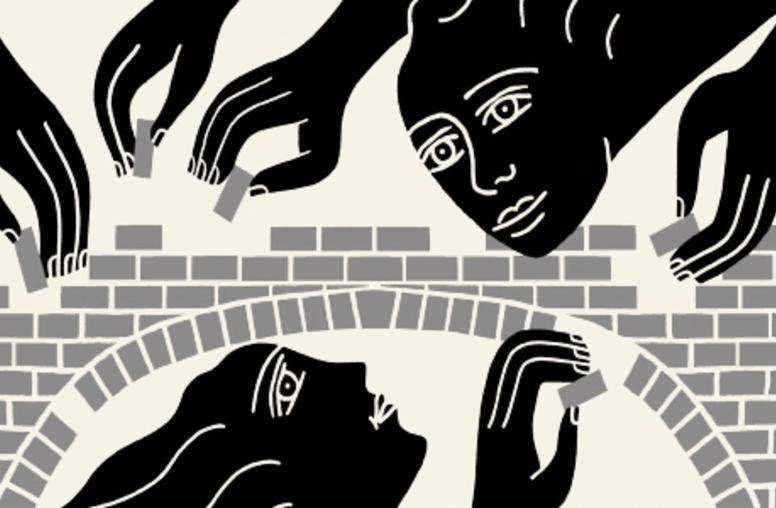
Dialogue for Women Countering Violent Extremism
Dialogue is a powerful instrument for creating understanding between groups who are in conflict with one another. Unlike debates or decision-making processes dialogues are open ended—their purpose is not to “win” or make decisions, but rather to allow people to deepen their understanding of a particular issue and to form relationships between people that may transform how they think about each other and how they can engage with people different from them.
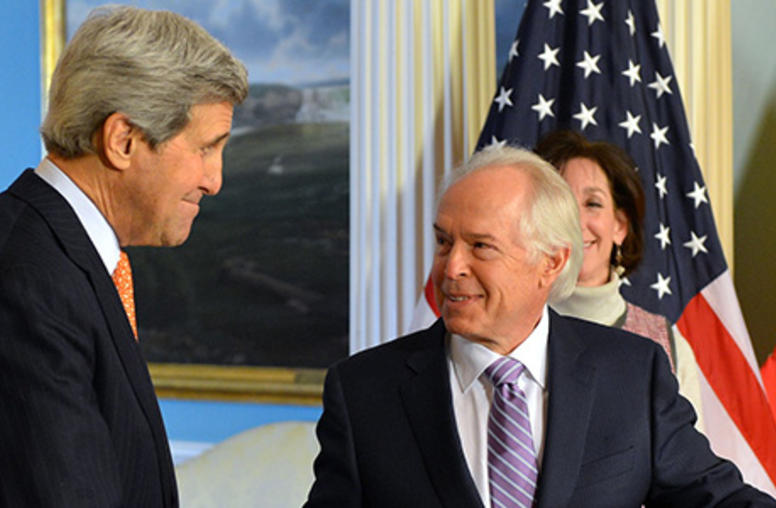
New Support From U.S. As Colombia Peace Talks Resume
As the Colombian government and the FARC guerrilla group resume their next round of peace talks in Havana today, they received a strong boost of support with the recent designation of Bernie Aronson as U.S. Special Envoy to the Colombian Peace Process. He already has plans to meet with the parties in Havana during this round, which will end on March 7.
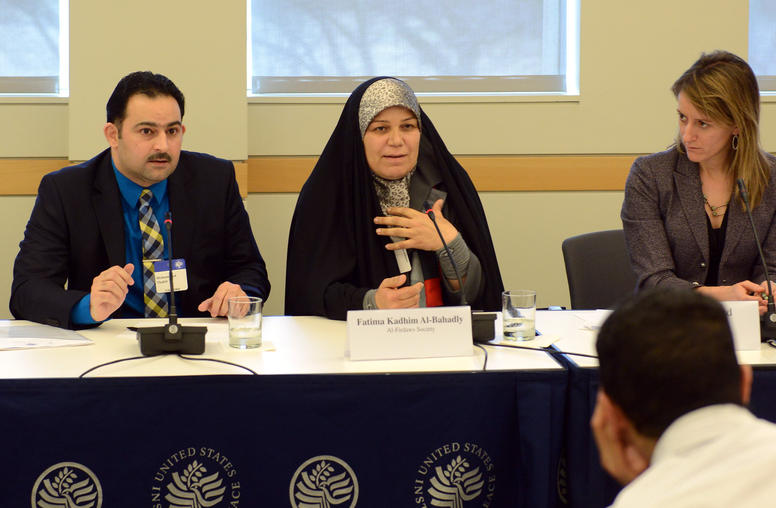
Countering Extremist Violence: Local Activists Are Already Doing the Job
Fatima Kadhim al-Bahadly, an activist for women in southern Iraq, remembers the swell of chaos across her country last June. The extremist militant group calling itself “the Islamic State” had captured Mosul in the north, and the country’s most powerful cleric, Ayatollah Ali Sistani, had issued a call for citizens to take up arms against the insurgents. Suddenly, her city of Basra was awash in weapons. Young men left universities to join armed groups.

Wielding Technology to Combat Dangerous Speech in Myanmar
Myanmar continues to experience intermittent violence and power struggles that threaten its progress toward sustainable peace, even as the country has made progress in its democratic transition. To help address the tensions, the U.S. Institute of Peace recently linked technologists with civic activists to bolster efforts aimed at countering the kind of dangerous speech fueling the flames of inter-religious conflict.
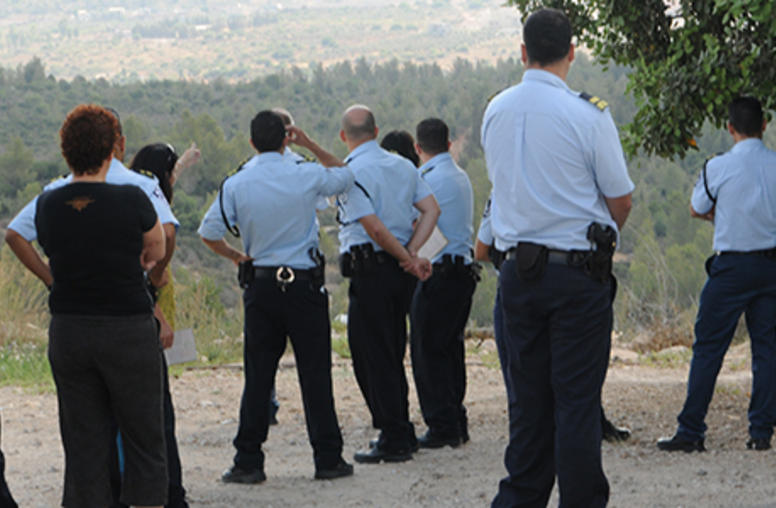
Amid Tension in Israel, USIP Grantee Helps Improve Policing in a Divided Society
On the heels of last summer’s Israel-Gaza war, tensions between Jewish and Arab citizens within Israel have escalated significantly. In such a context of deep divisions, the extent to which police internalize fair and effective policing—and that citizens see that as a reality—are crucial factors in preventing a downward spiral of violence. Supported by a USIP grant, The Abraham Fund Initiatives (TAFI) has been tackling this issue through its Arab Society-Police Relations Initiative.
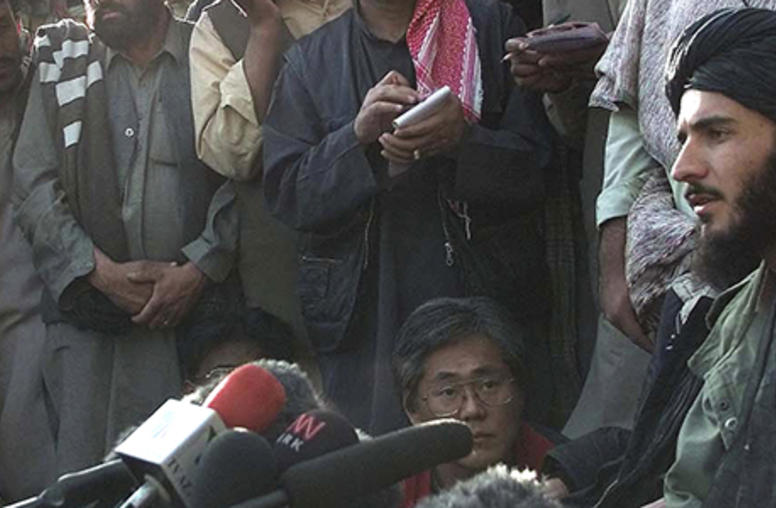
Afghanistan: Taliban in Transition?
During the year of “transition” in Afghanistan in 2014, attention was focused on whether or not the government would survive. The greatest threat was not Taliban violence but a possible breakdown of the elite consensus during the election and a return to civil war. The transition, however, has also forced the Taliban to react to new facts on the ground.
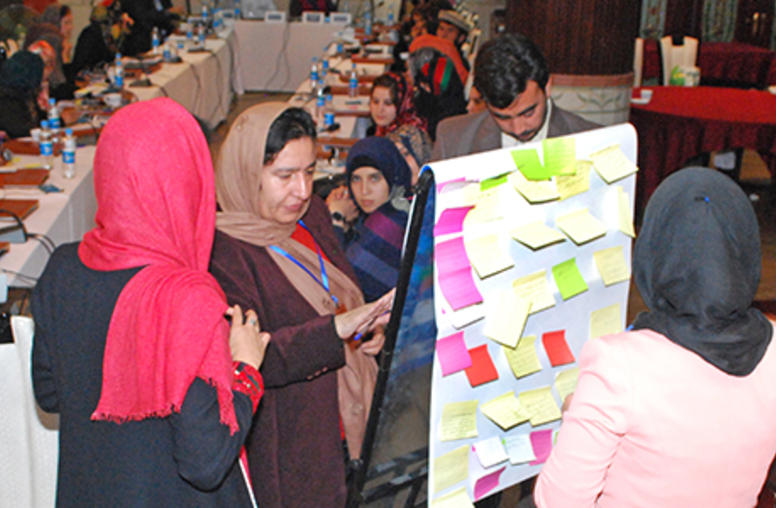
Protecting Women’s Rights in Afghanistan … And Making it Last
Wazhma needed a lawyer. She could no longer stand the beatings her husband was inflicting in a marriage that she had not wanted in the first place. As a third-year medical student, she knew she had rights and she wanted a divorce. Hers was one of 11 cases that the Women Defense Lawyers’ Advisory Council took to court in Afghanistan over the course of a year.
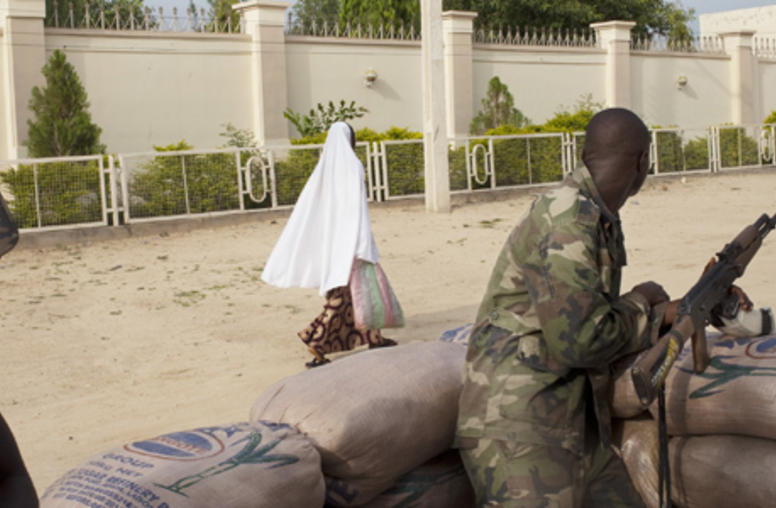
Nigeria Attacks Flare, Highlighting Fragility Before Elections
A recent flare of attacks in northern Nigeria by the militant group Boko Haram illustrates the potential for more widespread unrest, especially as the country nears elections next month, and the trend highlights the need for political leaders to take action to prevent further violence, USIP experts say.
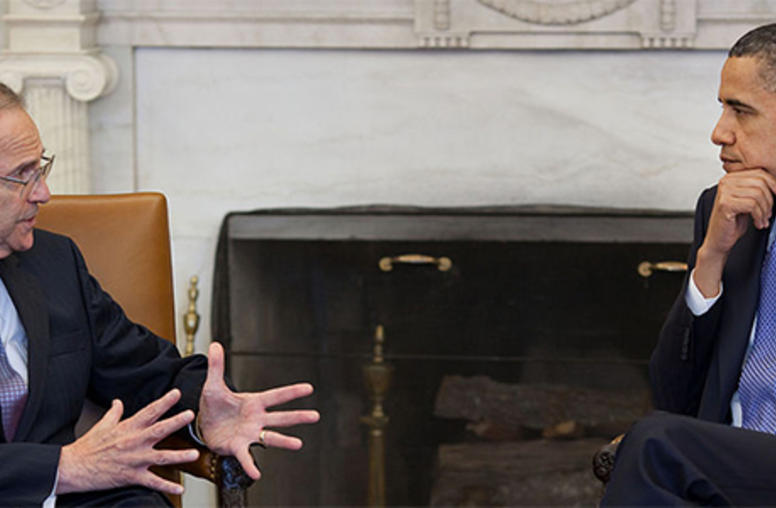
Strengthening Special Envoys to Address Major Conflicts
Assigning special envoys and special representatives helps in tackling major foreign policy issues, and the approach will almost certainly continue to be used as conflicts span borders and threats proliferate. That means identifying the correct envoy for any particular conflict is essential, according to a panel of experts who made recommendations for more effectively applying this foreign policy tool during a discussion at USIP.
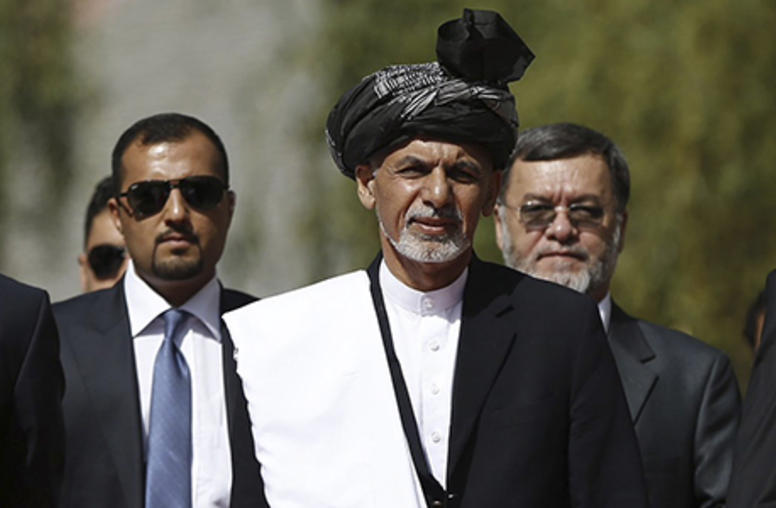
Still No Cabinet in Kabul: Who Loses Most?
A slew of news reports coming out of Afghanistan in the past week have picked up two dominant themes: Afghans are frustrated that the new government has still not selected a cabinet, and they now attribute the ongoing economic and security crisis to the fact that no ministers have been appointed to oversee these important ministries.
